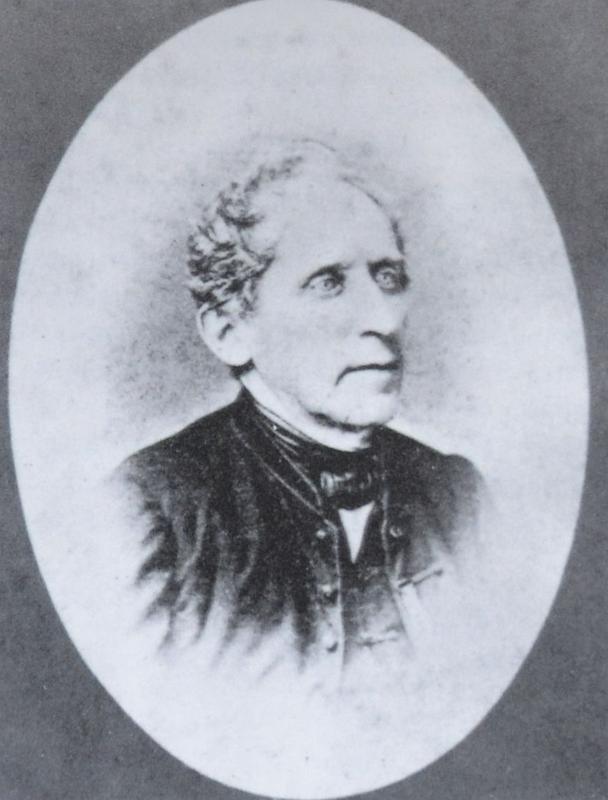
Bleiweis was born into a privileged family in 1808. Because of his family’s wealth and his intellectual curiosity, he was able to get a quality education which culminated in a degree from the University of Vienna. After graduating, he returned to the Slovenian Lands and worked as a physician and a veterinarian.
The mid-19th century was a turbulent era in European history, however, and Bleiweis grew increasingly interested in politics. He advocated the political unification of Slovenians, who were then scattered across several Austrian crown lands, into a single political entity. In 1843, he founded the newspaper Kmetijske in rokodelske novice (“Farm and Craft News”), which became a major platform for the political program of Slovenian self-rule, while helping to establish a standard form of the written Slovenian language.
Previously, Slovenian intellectuals had no forum where they could express their views. Now, they found their voice in the weekly publication, which became an important political and counterpart cetrarate to Laibacher Zeitung, Ljubljana’s German-language newspaper.
As the editor of his newspaper, Bleiweis opposed efforts to replace Slovenian with a common South Slavic language. Despite being a Slovenian patriot, however, he remained a conservative. He called for greater Slovenian political power, but he remained fiercely loyal to the Austrian Crown. His conservative views extended to literature and caused him to downplay the literary significance of France Prešeren, now regarded as the greatest Slovenian poet of all time.
Bleisweis’ conservatism ultimately caused his influence to decline. New newspapers began to appear, and a more progressive generation of Slovenian intellectuals – names such as Fran Levstik and Josip Jurčič – began to view Bleiweis and his conservative understanding of Slovenian culture as old-fashioned. Still, Bleiweis remained active in public life, while also working as a respected physician and veterinarian. For a while, he headed Ljubljana’s maternity hospital; he also helped to fight cholera and authored several influential medical articles.
In 1881, Bleiweis was knighted by Emperor Franz Joseph, buy by then the political currents in Slovenia were moving in a different direction. When he died a few months later, Bleiweis was no longer a part of the political or cultural vanguard, but he went down in history books as one of the first intellectuals who gave the Slovenian people the courage to fight for their rights -- and helped to pave the way to full national emancipation.


































































